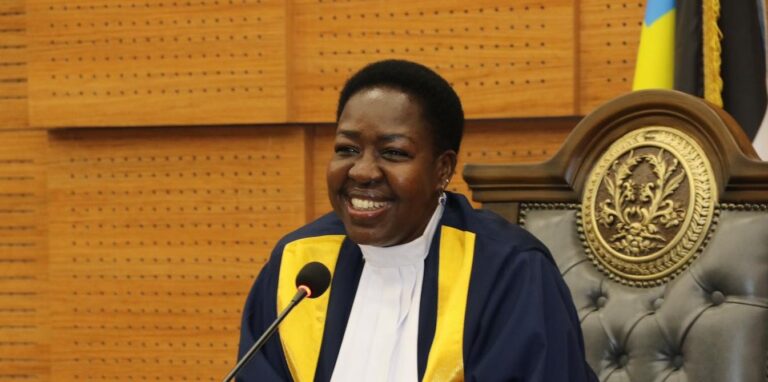The high-profile treason trial of suspended First Vice President Riek Machar has disrupted parliamentary business in the capital Juba, as lawmakers say heavy security and road closures around the courthouse have forced them to abandon their normal schedule.
The special court, convened at Juba’s Freedom Hall to accommodate large crowds, is hearing charges against Machar, 73, and seven co-accused, including treason, crimes against humanity, mass murder and terrorism.
The case stems from a March 2025 attack on an army base in Nasir County that killed Gen. David Majur Dak and dozens of soldiers.
The government accuses forces loyal to Machar’s Sudan People’s Liberation Movement/Army-in-Opposition (SPLM-IO) and an allied militia, the White Army, of carrying out the assault.
The trial, which began on Sept. 22, is held three times a week — Monday, Wednesday and Friday — under an order issued this week by presiding Judge James Alala Deng. Those are the same days the Transitional National Legislative Assembly normally sits, throwing its schedule into disarray.
“What we are following is not our normal days of sittings. You have seen the court sessions have interrupted all our sittings,” Second Deputy Speaker Parmena Awerial Aluong told lawmakers on Thursday during an extraordinary session to pass the National Youth Policy 2025. “So, we’re not going according to the normal procedures.”
He said security cordons and road closures on Mondays and Wednesdays prevent lawmakers from reaching the assembly. “We have to shift one of the sittings to Thursday,” he added. “So, this sitting of today is not a normal sitting.”
Speaker Jemma Nunu Kumba raised a similar concern two weeks ago, saying the assembly had struggled to reach quorum as many lawmakers were delayed by the security measures.
The trial’s impact has also rippled beyond parliament.
Edmond Yakani, a prominent civil society leader, said the heavy deployment “is fully affecting public mobility and conduct of regular business in Juba.”
Yakani, who heads the Community Empowerment for Progress Organization, urged authorities to relocate the proceedings. “There are multiple locations in town that can be used for the court trial apart from Freedom Hall,” he said.
Authorities moved the hearings to Freedom Hall — a venue usually reserved for social events — because the main Mudiriya Court was too small to accommodate the accused, their families, political party representatives, journalists and diplomats.




